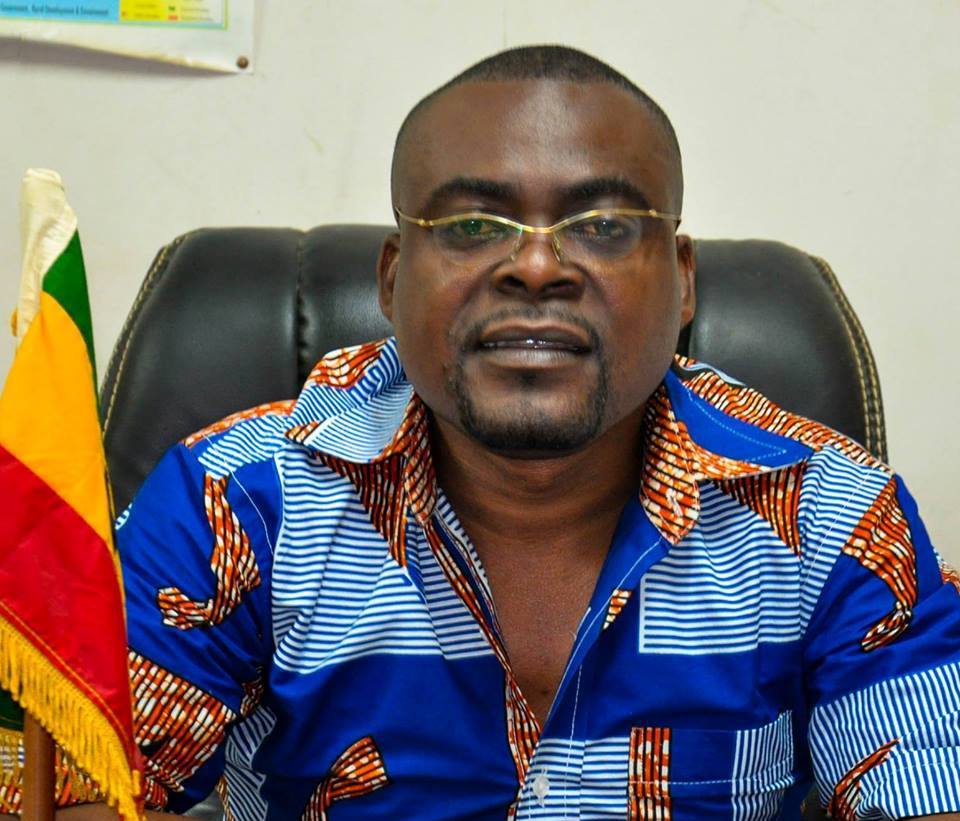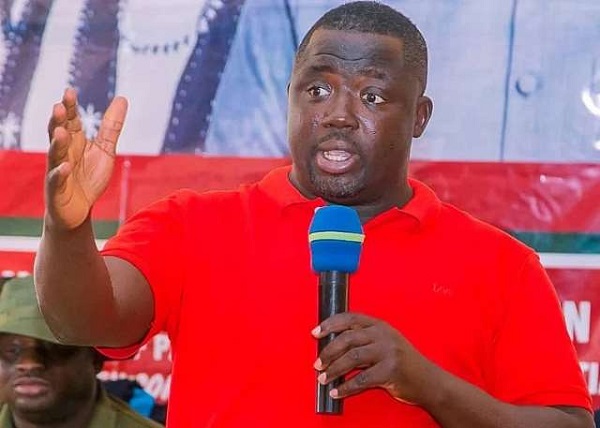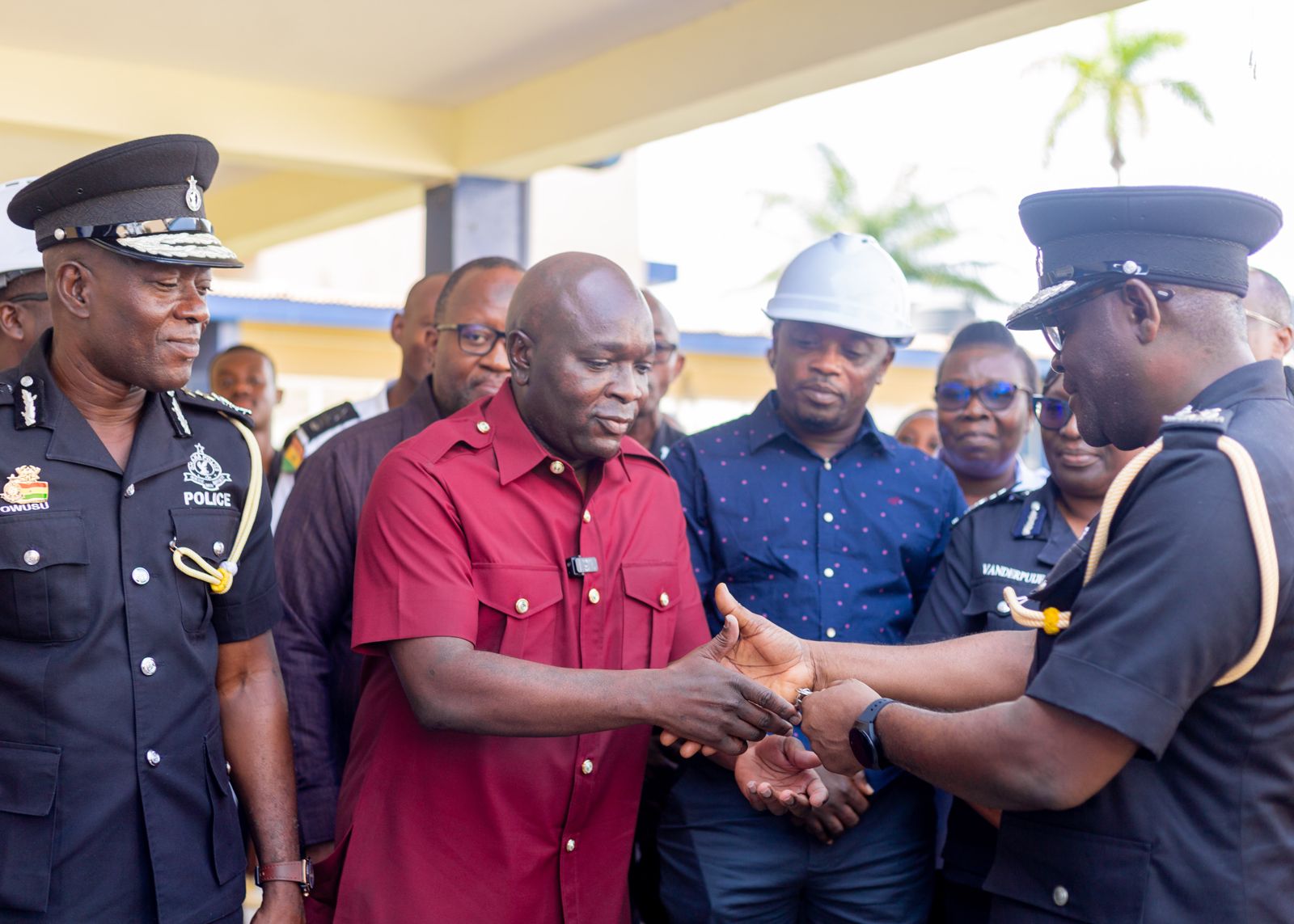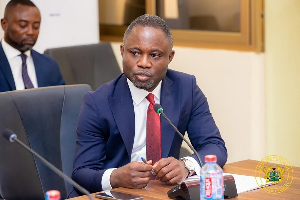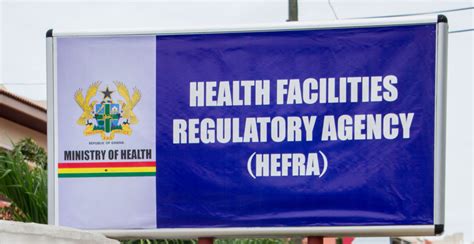Ministry of Health has pushed back against criticism of its investigation into an alleged assault at Ridge Hospital, rejecting claims that a key physician was excluded from the inquiry and defending the process as comprehensive and impartial.
The controversy centers on a report issued by a ministerial committee tasked with probing a confrontation between a patient, Mr. Ralph St. Williams, and hospital staff at the Greater Accra Regional Hospital. The report, presented to Health Minister Kwabena Mintah Akandoh, concluded that no physical assault took place, though it acknowledged a verbal altercation occurred.
In its findings, the committee cited significant operational challenges at the hospital, including acute staffing shortages, malfunctioning diagnostic equipment, and inadequate security infrastructure—particularly in the Emergency Department.
The nurse at the center of the incident, Rejoice Tsotso Bortei, reported pain in her left hand the day after the event. Medical documentation reviewed by the committee found no evidence of a fracture or dislocation. She was treated with analgesics and offered psychological support.
However, Jefferson Asare, Greater Accra Regional Chairman of the Ghana Registered Nurses and Midwives Association (GRNMA), has publicly questioned the credibility of the report. Asare maintains that the physician who first examined Bortei diagnosed her with polycontusion—a condition characterized by multiple bruises and swelling—and should have been directly interviewed. Excluding that testimony, he argued, undermines the report’s validity.
Health Ministry spokesperson Tony Goodman, who also served on the investigative committee, dismissed the allegation in a televised interview Wednesday evening. “That is not correct,” he said on Channel One TV’s Point of View. “We have spoken with everybody, including the doctor who saw the lady. He is a specialist, and this committee’s work cannot be rubbished.”
Mr. Goodman emphasized that the committee’s objective was not to assign blame but to uncover systemic gaps in care delivery and propose actionable solutions. Among the recommendations outlined in the report are expanded staffing levels, upgrades to diagnostic equipment, and enhanced hospital security.
“This is an extensive piece of work,” Goodman said. “We are not looking at who is at fault. We are looking at how best we can strengthen our system.”
The Ministry’s response underscores the broader challenges facing Ghana’s public health infrastructure, where limited resources and growing demand have strained service delivery and intensified labor tensions.



